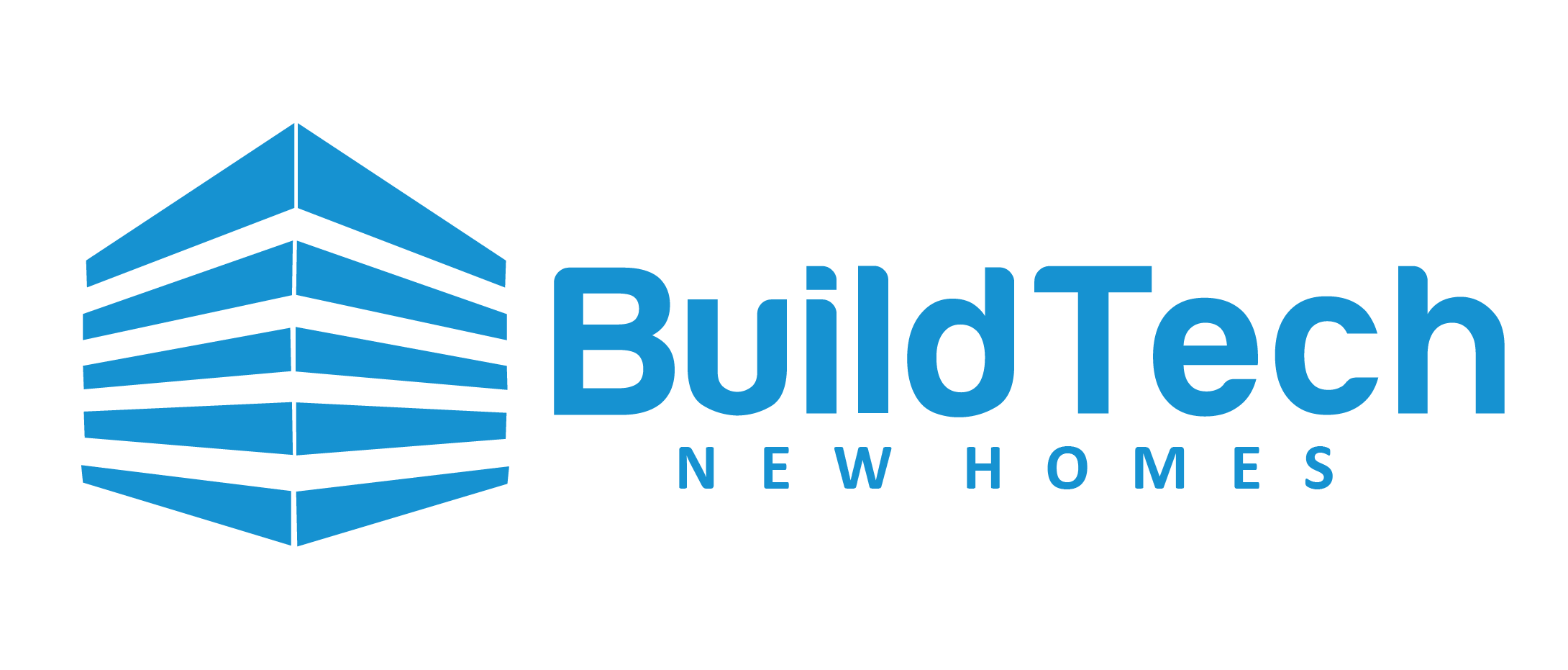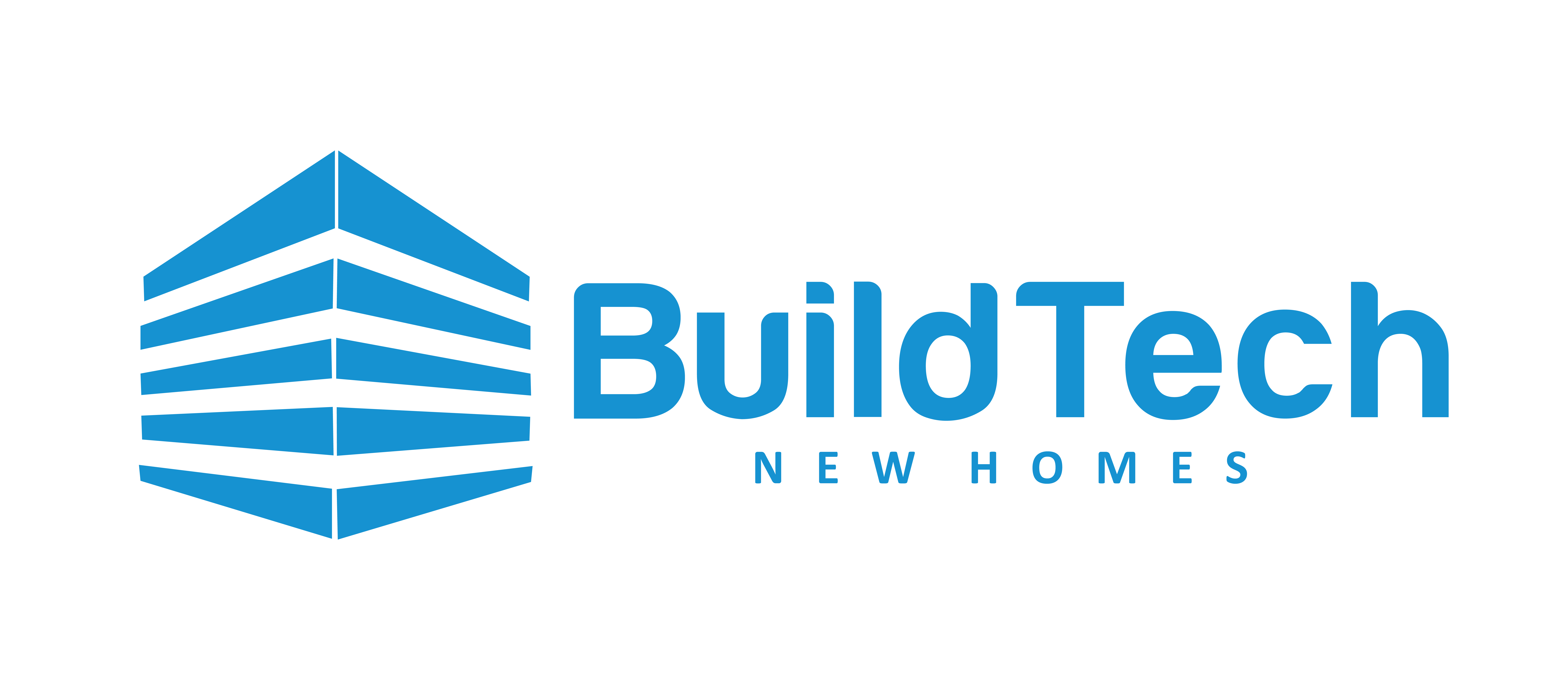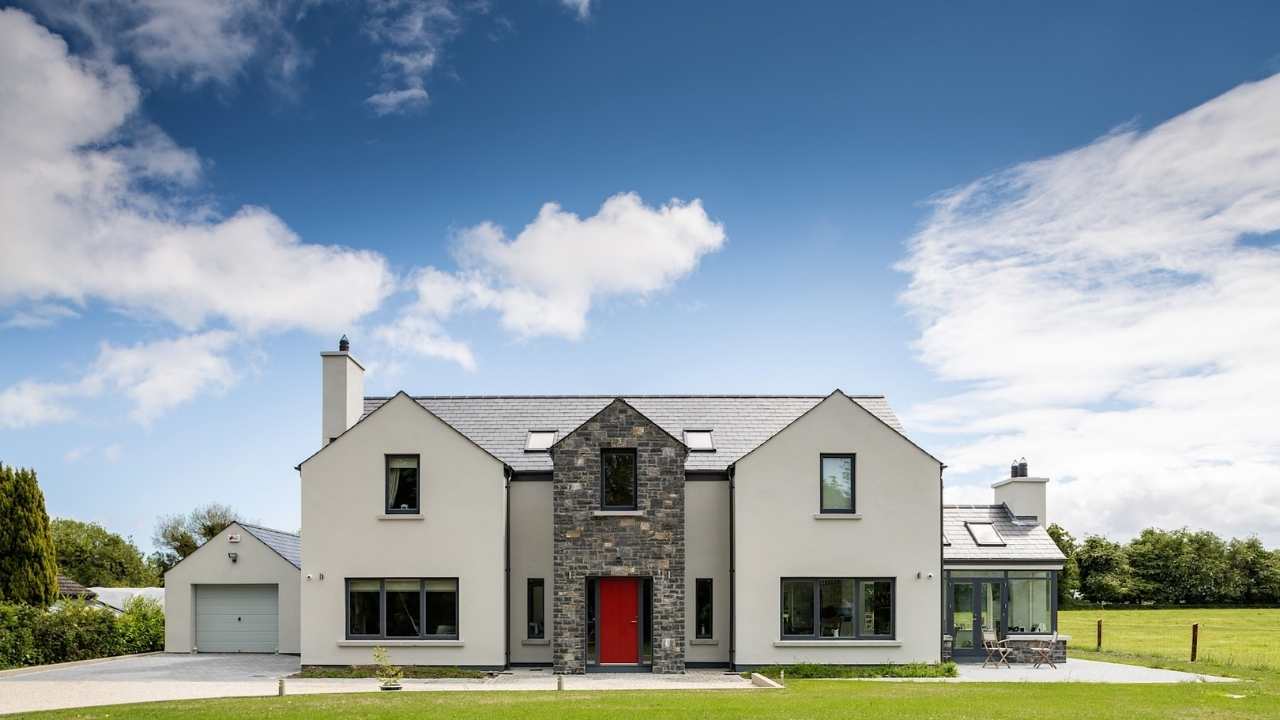Are you considering building your dream home but feeling uncertain about how much does it cost to build a house in Ireland? Building a house can be one of the most rewarding projects of a lifetime, giving you full control over the design, layout, and quality of your living space.
However, understanding the costs of building a house in Ireland is essential to planning your budget effectively. From land purchase to finishing touches, each step has its own expenses that can quickly add up if not carefully managed.
In this blog, we will explore the average costs, key factors that influence building expenses, and tips to help you budget wisely for your new home.
What Are the Average Costs Involved in Building a House in Ireland?
As of 2024, building a one-off detached house in rural Ireland costs around €2,450 per square metre (€228 per square foot), though higher-specification projects can reach up to €3,000 per square metre (€278 per square foot).
This estimate includes primary contractor fees and VAT, delivering a home ready for immediate move-in. Renovations tend to be pricier, with costs reaching €3,000 per square metre or even exceeding €4,000 for more extensive projects.
These estimates exclude additional expenses such as land purchase, Development Levies (ranging from €2,000 to €20,000 depending on property size and council requirements), professional fees (5-15%), and inflation. Labour shortages, rising material costs, and global supply chain disruptions have all contributed to increasing construction costs in recent years.
While inflation rates have shown signs of stabilising—recorded at 3.9% in 2023, down from 11.5% in 2022—builders are advised to factor in a contingency for unforeseen cost increases. Proper budgeting and planning are essential to ensure projects stay on track, even if prices change during construction.
What Factors Impact the Expenses of Building a Home?
When building a home in Ireland, various elements play a significant role in shaping your overall expenses. From the location of your land to the complexity of your design, each factor contributes to the final budget, making it essential to understand what affects these expenses.
Location and Land Value
Land prices vary widely, especially between urban and rural areas. Building in a city like Dublin often comes with higher land and labour costs, while rural areas are generally more affordable.
Additionally, site conditions such as rocky or sloped terrain may require extra preparation, which adds to the budget.
Size and Design Complexity
The size and layout of your home significantly impact your financial plan. Larger homes require more materials and labour, and complex designs with multiple levels or custom features demand additional resources, raising the overall budget.
Choice of Materials and Finishes
The type of materials you choose, as well as the quality of finishes, can greatly influence your spending.
High-end materials and custom finishes, like luxury flooring or cabinets, will increase expenses, while opting for more affordable alternatives can help manage your budget.
Labour and Professional Fees
Hiring skilled professionals such as architects, builders, and contractors adds to the total expenses.
Labour costs can vary based on region and expertise, so obtaining multiple quotes and selecting the right team is essential for keeping within budget.
Planning and Regulatory Requirements
Securing planning permissions and managing legal fees are integral parts of the building process.
These costs can fluctuate depending on local council requirements, the need for environmental surveys, and solicitor fees to handle necessary paperwork, all of which contribute to the overall expenditure.
How to Create a Practical Budget for Your Home Build?
Developing a realistic budget is essential to manage your building expenses effectively and avoid unexpected financial surprises. A well-planned budget ensures a smoother building process and helps keep your project on track.
Identify Priorities and Extras
Start by listing the essential features you want in your home and separate them from the optional ones. Prioritising what you need helps allocate funds efficiently, while extras can be added if your budget allows.
Gather Quotes from Multiple Sources
Requesting detailed quotes from several contractors, architects, and suppliers allows you to compare rates and select options that best suit your financial plan. Comparing quotes also gives you room to negotiate for better prices.
Plan for Unexpected Expenses
It’s wise to set aside 10-15% of your budget for unforeseen expenses. Unexpected issues, like changes in materials or additional groundwork, are common, Having a buffer helps make sure these costs don’t disrupt your project.
Invest in Energy-Efficient Features
Although energy-efficient materials may have higher upfront costs, they can provide long-term savings on utility bills. Sustainable features like good insulation, efficient windows, or solar panels add value to your home and help reduce future expenses.
Monitor Spending Throughout the Project
Consistently tracking your expenses helps ensure you remain within budget. Using a budgeting tool or spreadsheet to review costs regularly enables you to make adjustments as needed, minimising the risk of overspending.
Conclusion
Building a home in Ireland involves careful planning, a realistic budget, and an understanding of the various factors that influence expenses. From the location of your plot to the choice of materials and finishes, each decision impacts the final cost. By identifying priorities, gathering quotes, planning for unexpected expenses, and considering energy-efficient options, you can manage your budget effectively and achieve the home you envision.
Want to build your dream home? At BuildTech New Homes, we provide expert guidance and support throughout the entire construction process, helping you make decisions every step of the way. Contact BuildTech New Homes today to discuss your plans and start building the home you’ve always wanted.
Frequently Asked Questions
Is it cheaper to build or buy a house in Ireland?
Building a house can be cheaper if you own land and manage costs effectively. However, due to rising construction costs, buying an existing home may be more affordable, depending on the market and location.
What factors affect the cost of building a house in Ireland?
Key factors influencing building costs include location, land preparation, size and design complexity, choice of materials, and professional fees. Inflation and labour shortages can also impact overall expenses.
How long does it take to build a house in Ireland?
Building a house in Ireland usually takes 6 to 12 months from planning to completion, depending on the complexity of the project, availability of materials, and weather conditions.
Do I need planning permission to build a house in Ireland?
Yes, you need planning permission from your local council to build a house in Ireland. This involves submitting detailed plans and meeting specific requirements based on the location and design.
How can I budget effectively for building a house in Ireland?
Start by defining your essential needs, getting multiple quotes from builders, and setting aside a 10-15% buffer for unexpected costs. Tracking expenses closely helps ensure you stay within budget.
Are there any grants available for building a house in Ireland?
While there are no specific grants for general home builds, Ireland offers grants for energy-efficient upgrades, like insulation or solar panels, which can help reduce future utility costs.




